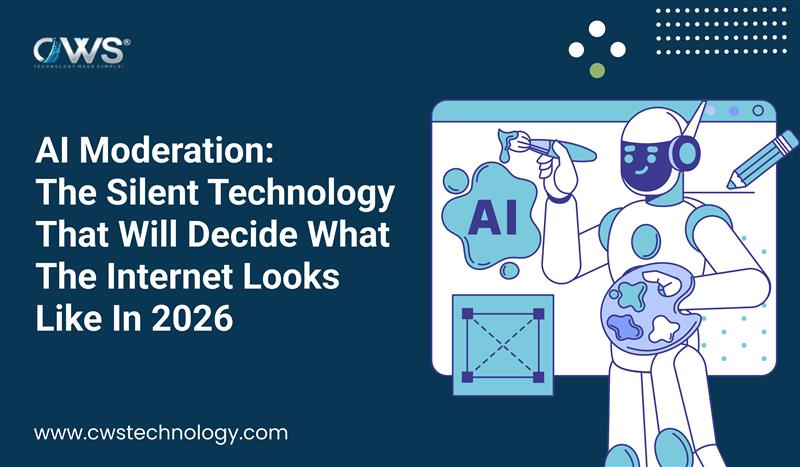Python has emerged as a superstar in the world of coding! This easy-to-learn, super-versatile programming language is driving a wave of digital innovation across various industries. So, what makes Python so special, and how is it shaping the future of technology? We’ll explore the reasons behind Python’s popularity and showcase some amazing applications that are changing the game!
Why Python? Decoding its Appeal
There’s a reason Python is taking the tech world by storm! Here are some important factors that contribute to its widespread popularity:
- Beginner-Friendly: Python is renowned for its clear and concise syntax, making it easier to learn compared to other complex languages. This allows developers to focus on creativity and problem-solving rather than struggling with code structure.
- Versatility for All: Whether you’re building websites, crunching data, or creating artificial intelligence (AI) applications, Python has the tools you need. Its vast library of pre-written code snippets (modules) simplifies complex tasks and caters to a wide range of development needs.
- Open Source Advantage: Python is an open-source language, meaning it’s free to use and modify. This fosters a vibrant developer community who continuously contribute to its development and create powerful tools readily available to everyone.
These qualities make Python the perfect choice for a growing number of innovative projects. Let’s explore some exciting applications where Python is making a real difference!
Click Here-: best software development company
Python in Action: Powering the Future
Python’s popularity in the tech world isn’t a fad – it’s a powerful language for a reason! This easy-to-learn and versatile tool is used to build amazing things, from websites you visit every day to cutting-edge AI applications. Let’s dive into nine key areas where Python shines:
- Building Websites (Backend Powerhouse):
Imagine the engine that keeps a website running smoothly. That’s where Python comes in! Frameworks like Django and Flask make creating secure and scalable web applications a breeze. Developers can focus on the logic behind the website, not getting bogged down in complex coding details. This means the websites you love, from social media to online stores, might have Python working behind the scenes!
- Making Sense of Big Data:
The world is overflowing with data, and Python is a master at analyzing and visualizing it all. Libraries like Pandas, NumPy, and Matplotlib turn Python into a data whiz. It can handle huge datasets, create statistical models, and even generate clear charts and graphs. This makes Python perfect for businesses to gain insights from their data, track finances, and create helpful dashboards.
- Artificial Intelligence and Machine Learning (Making Machines Think):
Python‘s simplicity and vast array of libraries like TensorFlow, Keras, and PyTorch make it the go-to language for building intelligent systems. Whether it’s creating algorithms to predict future trends, understand human language, or even enable machines to “see,” Python is the backbone of these innovations. This is how Python is helping advance fields like healthcare, finance, and self-driving cars!
- Building Desktop Applications (Software You Can Touch):
While web apps are popular, there’s still a need for software you can download and use on your computer. Python, with libraries like Tkinter, PyQt, and Kivy, allows developers to create user-friendly desktop applications for Windows, Mac, and Linux. These applications can be anything from simple tools to complex interfaces used in science research, video editing, and engineering simulations.
- Game Development (Bringing Games to Life):
While C# and C++ might be the first languages that come to mind for game development, Python has a place in the gaming world too! Libraries like Pygame provide a platform for building games and other multimedia applications. Python is particularly useful for creating prototypes, educational games, and 2D games. This makes it a great choice for beginners to learn game development quickly, and for experienced programmers to build games faster.
- Talking to the Network (Making Connections):
Python has built-in tools that make network programming a breeze. Developers can create applications that manage network traffic, automate communication protocols, or even develop entirely new ones. This is especially useful for building network testing tools, monitoring network health, and even improving network security.
- Scientific Calculations and Beyond (A Scientist’s Toolkit):
The world of science has embraced Python for its ease of use and powerful scientific libraries like SciPy, NumPy, and SymPy. These tools are essential for researchers in fields ranging from astrophysics to zoology. Python can handle complex simulations, perform advanced mathematical calculations, and analyze data – making it a must-have tool in any scientist’s arsenal.
- Automating Tasks (Saying Goodbye to Mundane Work):
One of Python’s superpowers is automating repetitive tasks. From renaming a bunch of files to collecting data from websites or running software tests automatically, Python scripts can save time and reduce errors. This makes Python a productivity booster in many different fields.
- Internet of Things:
With tiny computers like Raspberry Pi and MicroPython boards that can run Python code, this language is now a key player in the Internet of Things (IoT) world. Python is used to build applications for everything from smart home systems to industrial sensors, highlighting its ability to bridge the gap between the physical world and the digital world.
So, next time you use a website, play a game, or see a cool new gadget, there’s a good chance Python might be playing a role behind the scenes! With its versatility and ease of use, Python continues to be a powerful force in the ever-evolving world of technology.
Wrapping Up
Python’s success isn’t just about the language itself. A large and enthusiastic developer community plays a vital role. This community actively contributes to the language’s growth, shares knowledge, and creates innovative tools and libraries. This collaborative spirit ensures Python remains relevant and adaptable to ever-changing technological needs.The future looks bright for Python! As developers continue to explore its potential, we can expect even more groundbreaking applications that will reshape the digital landscape.








